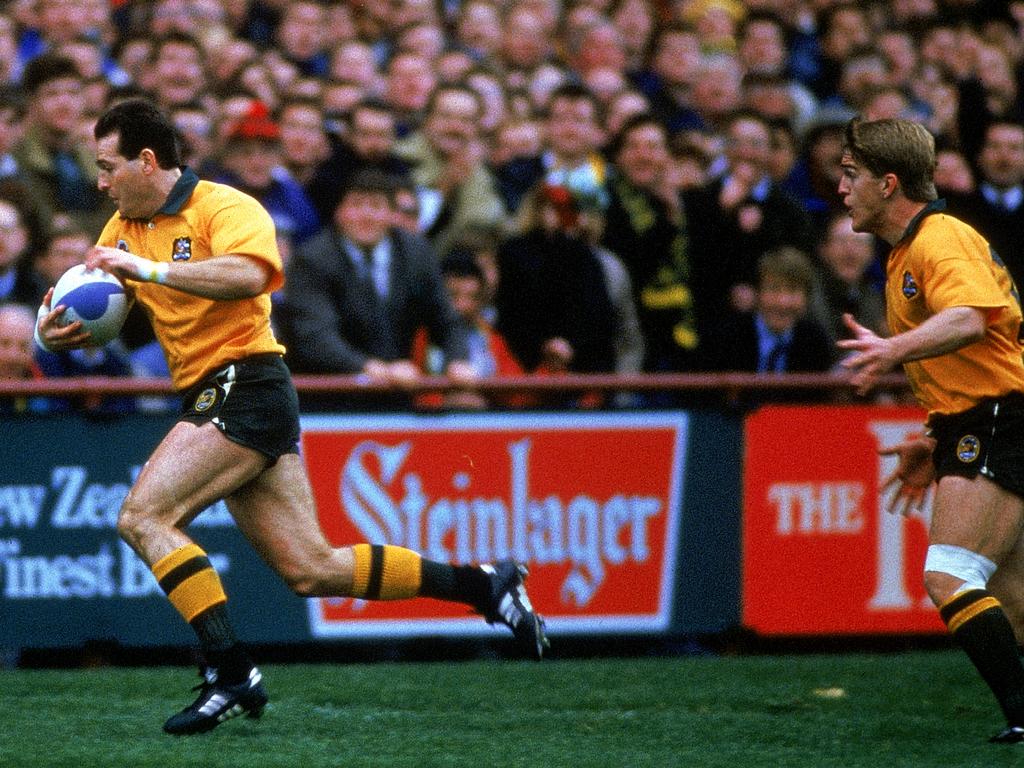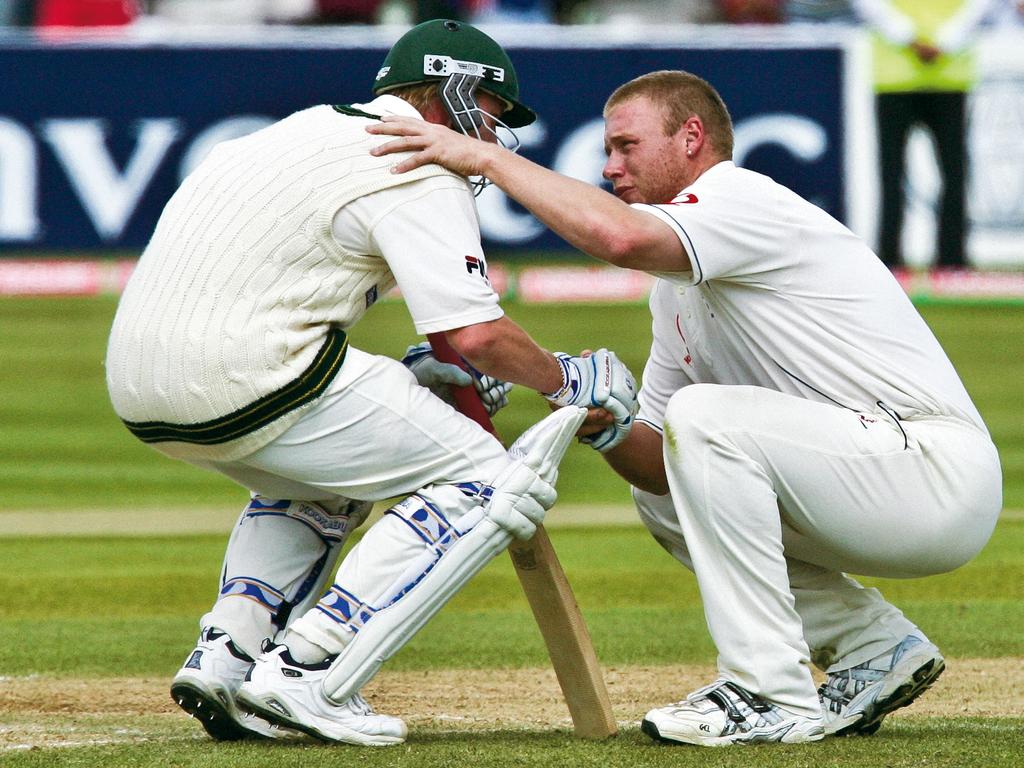
So here’s five that are worth looking back on to tide us over until Royal St George’s in 2021.

In the pink
The catastrophic decline in Ian Baker-Finch’s golf game has been well documented. Indeed, I was there at Royal Troon in 1997 when IBF started that year’s Open with a 92 that led to tears in the locker room and his decision to quit.
But I prefer to look back just six years before that, to IBF’s finest week in golf, when he won the Open at Royal Birkdale.
Having shot 64 on the Saturday to share the lead with Mark O’Meara, Baker-Finch turned up on a sunny Sunday in a bright pink shirt and a golf game that was just beautiful to watch.
He blitzed the front nine in just 29 shots, with five birdies in the first seven holes, on his way to a 66.
Ten-under for the weekend and a two-shot win.
In the days before he made golf look nigh on impossible, Baker-Finch could make it look very simple indeed.
Norman’s first conquest
In 1986, Greg Norman completed the “Saturday Slam”, holding the lead in each of the year’s four majors at the 54-hole mark. But he converted only one of those opportunities to win his first major, at a wild and windy Turnberry.
In the second round Norman became just the third player at an Open, and indeed the 10th in any major, to shoot a round of 63. And that with a three-putt bogey at the last after charging a long birdie attempt that would have given him a 61.
It took Norman to the top of the leaderboard, and with conditions still difficult over the weekend, that was where he finished. A final round of 69 left him at even-par for the week, five shots clear of England’s Gordon J. Brand.

Fabulous five
At the age of 24, Peter Thomson became the first Australian to win the Open, at Royal Birkdale in 1954. Just to prove it was no fluke, the sweet-swinging Victorian successfully defended his title 12 months later, and in 1956 became the only player to win the Open three times in a row.
He finished runner-up in 1957 but added a fourth claret jug to his collection following a 36-hole playoff in 1958. However, Thomson saved arguably the best for last, with his fifth Open win in 1965 at Birkdale again, against a field that included the best players from the US, the likes of Jack Nicklaus, Arnold Palmer and defending champion Tony Lema.
I once asked Thomson if one of his five Open wins meant more to him than the others and he smiled and told me: “You have to treat them like your children. No favourites.”

Car park champ
Seve Ballesteros claimed the first of his three Open wins in 1979 at Royal Lytham in a display that married waywardness off the tee with genius out of the rough and around the greens.
The prime example came at the 16th in the final round. Leading by two, the 22-year-old Spaniard sent his drive 50 or 60 metres right of the fairway and into a temporary car park. After a free drop from underneath the front bumper of a car, he then played a delicate pitch into the heart of the green and holed the putt for birdie.
Seve was the most gifted player I ever saw. If your kid wants to learn how to play, do it the Seve way. Give them one club and tell them to use their imagination. You never know what might happen …
Stay out of the sand
The Old Course at St Andrews has 112 bunkers, each with its own name, some yawning caverns like “Hell” on the 14th, others devilishly small pots like “Road” guarding the 17th green.
But in the 2000 Open, Tiger Woods didn’t find sand once during an imperious performance that brought him an eight-shot win, his 19-under-par total a record at a major until Jason Day went one shot better in 2015.
The Open was the second piece in the “Tiger Slam”, when Woods won the US Open (by 15 shots), the British Open, and the US PGA Championship in 2000, and then the Masters in 2001, to hold all four of golf’s majors at the same time.
Official films from the Open through the years can be found at theopen.com/video








Professional golf tees off again in the US next week, but one of the majors, the British Open, will not be played this year.